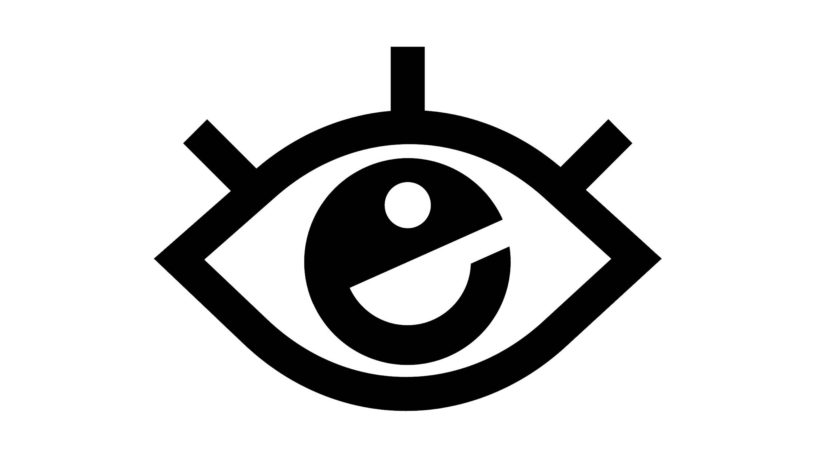By The Eyeopener
Journalists are civil servants and we rely on them to provide factual information and accurate perspectives at times of crises—a time when misinformation can spread like wildfire online, fuelling conflicts and inciting unsolicited debates grounded in little-to-no facts. We rely on them during times of unrest so that we know the motivation and intentions of all the conflicting parties. And we rely on them to expose potential human rights violations or war crimes committed against civilians by opposing governments.
According to Article 8 of the Rome Statute of the International Criminal Court, “Intentionally directing attacks against the civilian population as such or against individual civilians not taking direct part in hostilities,” is considered a “war crime.” The statute defines ‘war crime’ as “serious violations of the laws and customs applicable in international armed conflict within the established framework of international law.”
Moreover, Article 79 of the 1977 Additional Protocol I added to the initial 1949 Geneva Convention—which, according to the International Committee of Red Cross, is an international treaty and the core of international humanitarian law—formally states that “journalists engaged in dangerous professional missions in zones of armed conflict are civilians.” By this definition, they have the right to the full scope of protection granted to civilians under international law. “They shall be protected as such under the Conventions and this Protocol, provided that they take no action adversely affecting their status as civilians,” the protocol reads.
As of Oct. 17, at least 17 journalists––which include 13 Palestinians, three Israelis and one Lebanese––have been killed by Israeli airstrikes in Gaza since Oct. 7, according to the Committee to Protect Journalists (CPJ). “This is the deadliest time for journalists in Gaza,” said Sherif Mansour, CPJ’s Middle East and North Africa program coordinator, in an interview with Democracy Now! on Monday. “We’ve seen and reported a lot of journalists being threatened live,” he said.
Journalists and civilians in Gaza are at high risk as the Israeli government has recently laid the “heaviest airstrikes on Gaza ever,” according to a Reuters article published on Oct. 13. The Health Ministry in Gaza announced that about 3,000 civilians have been killed and more than 12,500 wounded as of Oct. 17, in addition to the over 1,300 Israeli citizens who have been killed since Oct. 7.
Civilians play a crucial role in the spread of timely and accurate news in affected regions during times of unrest. Citizen journalists, which refers to independent and unaffiliated news gatherers on the ground who share information online, offer unfiltered and raw content in an effort to reach the public both in their communities and around the globe. Citizen journalism, which can be the most direct and trustworthy means of gaining information and is used by media companies to gain sources during crises, is at risk in Gaza right now.
The Palestinian Journalists’ Syndicate said in a press release on Oct. 16 that a number of houses owned by journalists in addition to about 50 media centres have been bombed since Oct. 7.
This is not the first time Palestinian journalists have been subjected to attacks. In May 2022, Palestinian-American journalist Shireen Abu Akleh, recognized by many as the voice of Palestinian suffering, was killed in targeted attacks by Israeli forces. Abu Akleh’s killing came just one year after Israeli forces demolished the Al-Jalaa Tower in Gaza which housed residential apartments and news organizations offices.
Killing journalists is the most extreme form of censorship. It disrupts the communication between international and local civilians and severs their access to factual and crucial information during times of crises. This, in addition to widespread internet outages caused by the bombing of Gaza’s telecommunication infrastructure, has left Palestinians and citizen journalists in the region in complete isolation.
We at The Eyeopener urge our readers to seek out contextual fact-based information and not take all content shared on social media platforms at face value. The most effective way to avoid being misinformed is to educate yourself on the historical context and implications of topics being discussed online. If you’re looking to gain more knowledge on the current war in the Middle East, The Eye has collected a series of novels which offer insight into parts the region’s complex history: The Hundred Years’ War on Palestine by Rashid Khalidi; Nakba by Ahmad H. Sa’di and Lila Abu-Lughod; and Return by Ghada Karimi.
Now more than ever, it is important to think for yourself, be compassionate and amplify the voices of innocent civilians who have been on the receiving end of decades worth of oppression and an ongoing genocide fuelled by political gains with the disregard for human life. If you’re looking to help those affected, The Eye has compiled a list of resources to aid civilians in need in Gaza right now:
Committee to Protect Journalists—https://cpj.org
The World Food Programme—wfp.org
Medical Aid For Palestinians—map.org.uk
Palestinian Children’s Relief Fund—pcrf.net
Doctors Without Borders—doctorswithoutborders.org










Leave a Reply